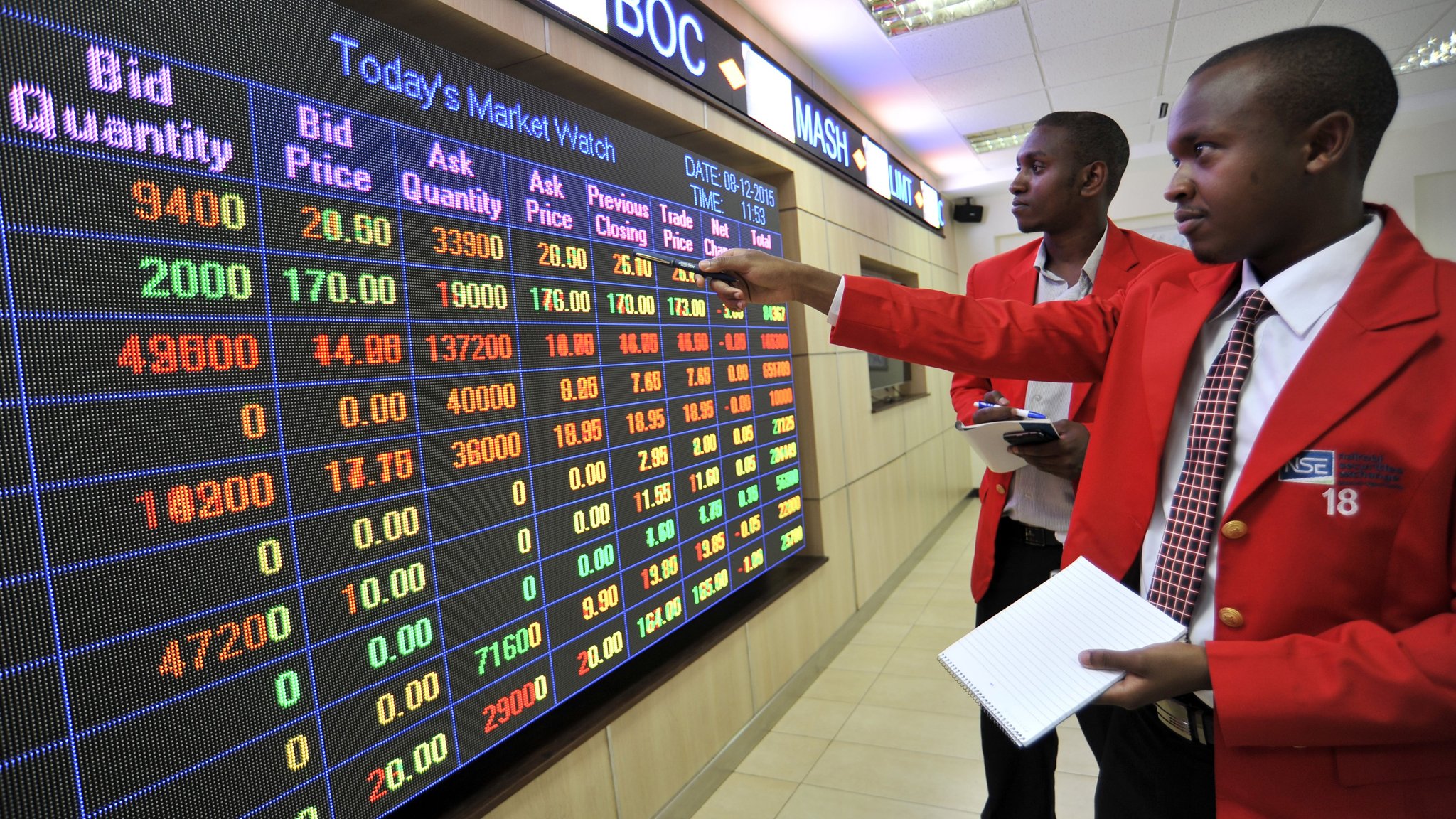A strong financial system is the backbone of any thriving economy. Africa’s Financial Transformation is reshaping economies across the continent, as nations explore new financial systems and strategies to achieve self-sufficiency. Across Africa, banking institutions, digital payment platforms, and stock markets are evolving rapidly, creating new opportunities for businesses and individuals alike. However, despite these advancements, access to finance remains one of the biggest barriers to economic growth. Can Africa’s financial sector overcome its challenges and pave the way for widespread prosperity?
The Historical Legacy of Africa’s Financial System
Africa’s financial sector has been shaped by colonial banking systems, which historically catered to foreign businesses rather than local populations. After independence, many African nations established their own central banks and financial institutions, yet banking remained limited to the wealthy and urban populations.
Today, Africa’s financial landscape is transforming at an unprecedented rate, driven by technological innovation and new economic policies. Countries like South Africa, Nigeria, and Kenya have developed strong financial hubs, with stock exchanges and banking institutions facilitating billions in transactions annually. However, in many parts of the continent, large portions of the population remain unbanked, relying instead on informal financial networks.
The Rise of Fintech and Mobile Banking
Africa is leading the world in mobile banking innovation. With over 60% of the adult population unbanked, mobile money platforms have revolutionized financial access. According to the World Bank, Africa’s financial transformation is driven by policy reforms, foreign investment, and digital finance (World Bank Report).
- M-Pesa, Flutterwave, and Paystack have empowered millions to send and receive money without a traditional bank account.
- Kenya’s M-Pesa alone processes transactions equivalent to over 50% of the country’s GDP.
- Fintech startups are expanding, offering microloans, investment platforms, and digital wallets that support small businesses and entrepreneurs.
This transformation has allowed millions to access capital, pay for services, and engage in commerce without physical cash. However, challenges remain, including regulatory concerns, cybersecurity threats, and the need for greater financial literacy.
The Growth of Africa’s Stock Markets
Africa’s stock markets are expanding rapidly, offering new investment opportunities for businesses and individuals. According to UNCTAD, Africa’s financial transformation depends on increasing trade and investment to create sustainable economic opportunities (UNCTAD Report).
- The Johannesburg Stock Exchange (JSE) remains the largest and most established in Africa.
- Markets in Nigeria, Egypt, Kenya, and Ghana are attracting more investors.
- These markets enable companies to raise capital, attract foreign investment, and drive economic growth.
However, Africa’s capital markets remain underdeveloped compared to global standards. Limited liquidity, regulatory hurdles, and investor skepticism have slowed stock market growth. Strengthening governance and financial transparency will be key to ensuring Africa’s stock markets can drive sustainable economic expansion. The African Development Bank (AfDB) is investing in fintech solutions and economic programs to drive Africa’s financial transformation (AfDB Report).
Monetary Policies and Economic Stability
Central banks play a crucial role in stabilizing African economies, controlling inflation, and managing currency policies. Countries with strong monetary institutions, such as South Africa and Botswana, have successfully maintained economic stability, while others have faced challenges with currency devaluation and inflation.
One of the most debated issues in African finance is the reliance on foreign currencies for trade.
- The CFA franc, used by 14 West and Central African nations, remains pegged to the euro, sparking debate about economic sovereignty.
- The African Union continues to push for a single African currency, aiming for greater financial independence.
- Whether Africa can achieve true monetary independence remains an open question.
Foreign Direct Investment: A Double-Edged Sword
Foreign Direct Investment (FDI) fuels infrastructure development, technology transfer, and job creation. However, it often comes with heavy debt burdens and foreign control over key industries.
- China has become Africa’s largest lender, financing major projects from railways to energy plants.
- While countries like Ethiopia and Kenya have benefited from foreign investment, rising debt levels pose a long-term risk to economic stability.
- The challenge is to attract investment while ensuring fair terms that do not compromise Africa’s future.
Africa must focus on strengthening local industries, increasing tax revenues, and reducing reliance on external financing to build a self-sufficient economy.
The Future of African Finance: Innovation and Self-Sufficiency
Africa’s Financial Transformation will be shaped by technological innovation, regulatory improvements, and financial inclusion.
- Blockchain technology and cryptocurrency are opening new possibilities for cross-border transactions, reducing reliance on traditional banking systems.
- Nigeria and South Africa are exploring Central Bank Digital Currencies (CBDCs) to modernize payments and improve financial inclusion.
- Financial inclusion efforts must continue expanding, ensuring that women, rural communities, and small businesses have access to credit and investment.
Can Africa Build an Independent Financial Future?
Africa’s financial transformation is underway. With mobile banking, stock market expansion, stronger monetary policies, and investment in homegrown industries, the continent has the potential to become a self-reliant economic powerhouse.
But will Africa seize the opportunity or will financial dependence continue to hold it back? The choices made today will shape Africa’s financial future for generations to come.
📌 Related: How Africa’s Digital Revolution is Transforming the Economy
📌 Related: The Future of Education in Africa
